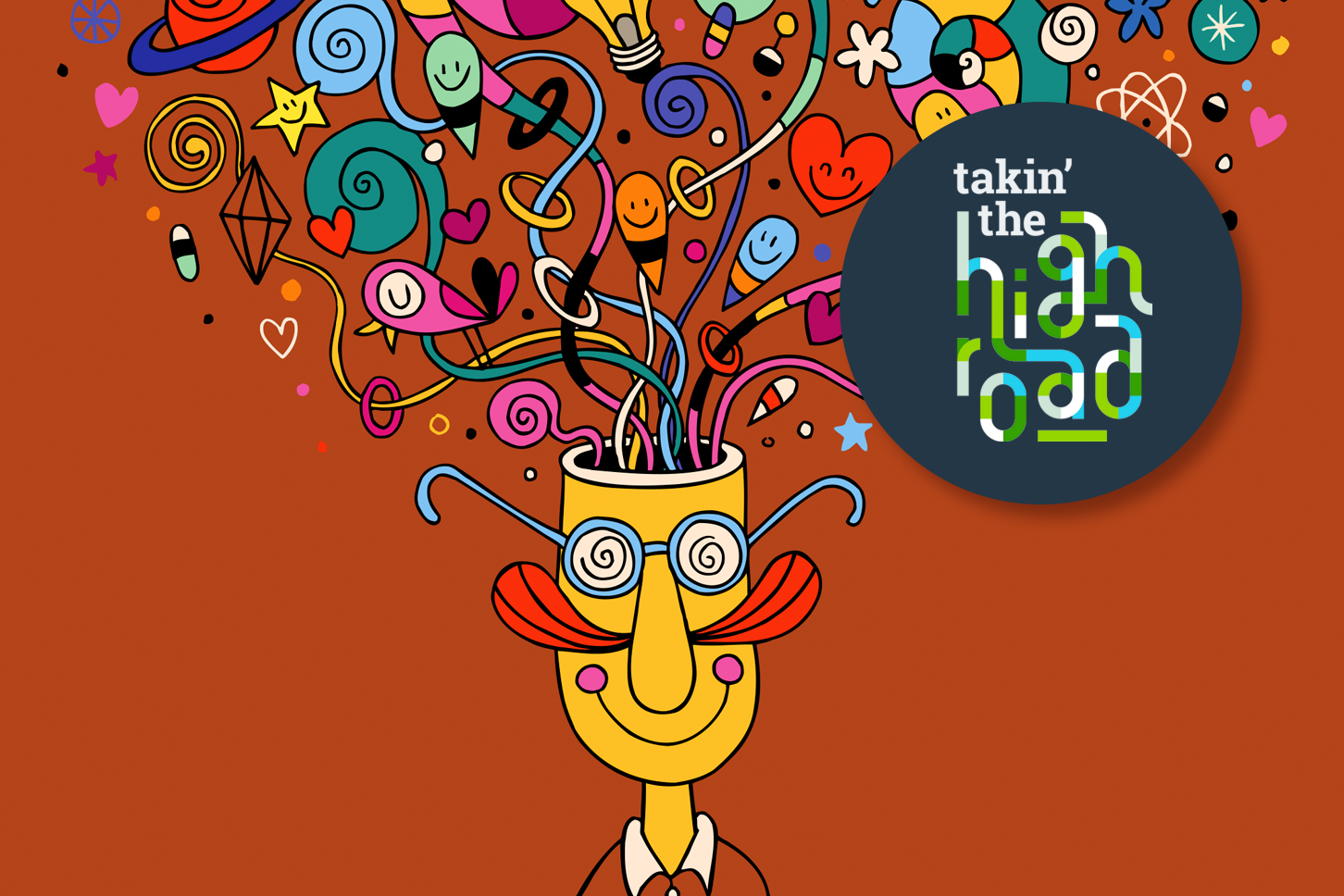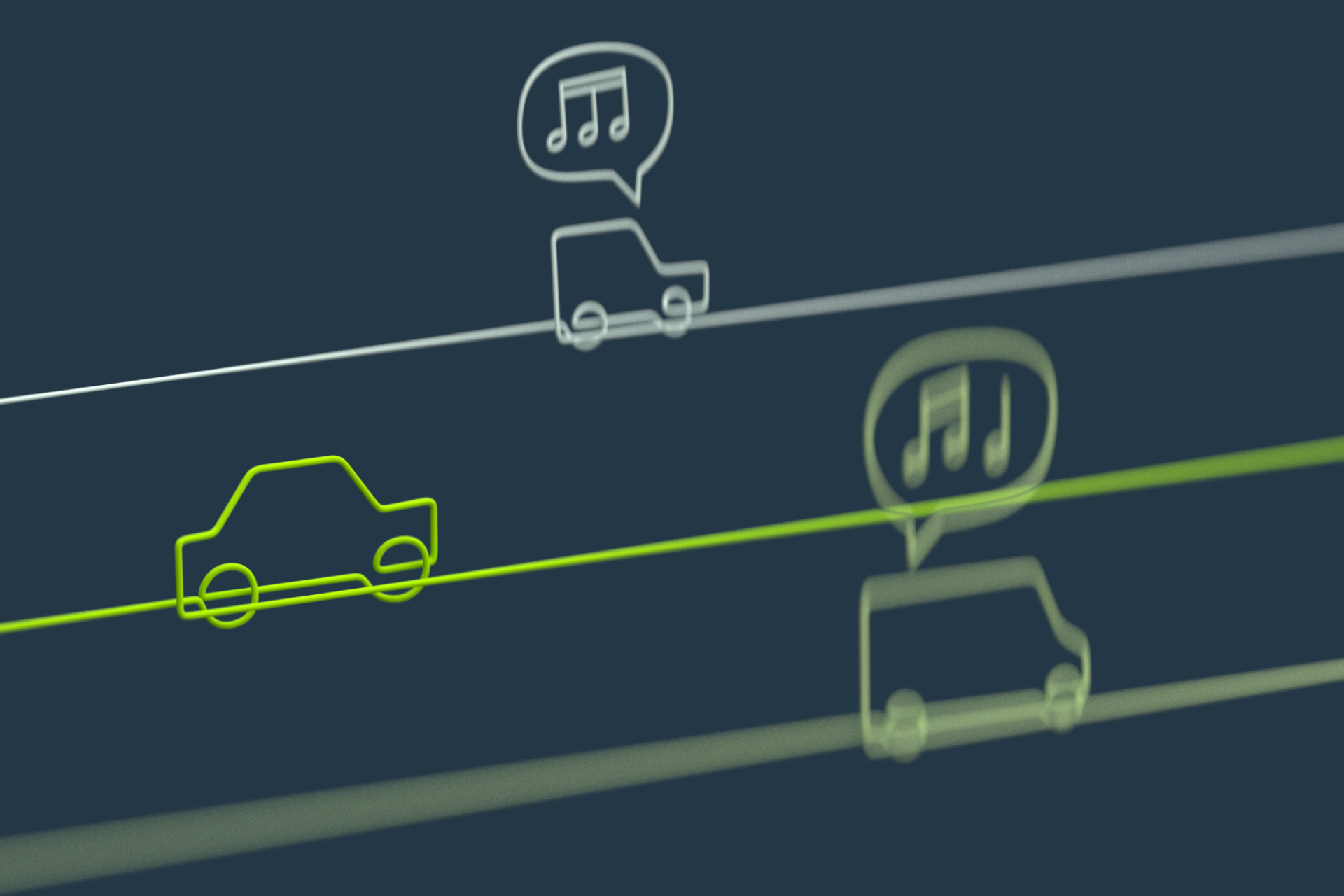‘Tis the season: how your favorite holiday movies impact your drive
December 1, 2022
“I triple-dog-dare ya!” – Swartz, A Christmas Story
“I just like to smile. Smiling’s my favorite.” – Buddy, Elf
Who doesn’t love a heart-warming holiday movie? Most of us have a few festive favorites that are must-watch films during the season of giving. We make these yuletide classics part of our annual holiday traditions. Yep, there must be some magic in those old holiday films--but what exactly?
Believe it or not, we found that there’s a science behind our love of holidays movies and we’re here to share how this unique holiday mood booster may help contribute to a better commute on the road.
Why we love holiday movies
They may be cheesy, corny and downright predictable but, according to these psychologists, our brains crave them, starting December 1. We learned from therapist Elana Katz, in a
Medium article, that our draw to these films is caused by the limbic system in the brain, the control center for emotions.When we watch our favorite holiday movies, this part of our brain picks up emotional signals, registers danger cues and helps us seek comfort and closeness. Katz explains that there’s nothing more comforting than a holiday movie. Because the brain seeks comfort, your favorite seasonal films help fill that need.
The easiest way to understand what’s going on in your noggin is to know the psychological concept of classical conditioning—Chris Ferguson, psychologist and professor, explains. As an automatic response, classical conditioning is when neutral stimuli (a holiday movie) is paired with an unconditioned stimulus (the good memories associated with the holidays), which creates an emotional response (happy, positive feelings).
When you think about the holiday season, you may have positive associations with it—the gifts, spending time with loved ones, wintertime magic, baked goods and snow days. As you rewatch those favorite holiday movies, you’re sending cues to the brain that it’s time to relieve your best holiday memories.
Reliving those memories can help create a continuous flow of dopamine (the happy hormone) to the brain, which may be why we crave festive flicks year after year. Because not only are they tapping into our emotional side, holiday films are drawing connections in the brain to highlight good memories.
The benefits of holiday movies
Let it flow, let it flow, let it flow. Each year you pop on your favorite but predictable holiday movie. You know all the lines, sing all the songs and, somehow, still laugh at all the jokes. While the nostalgia we attach to these films is powerful, we can't underestimate the emotional draw that is built into the films themselves. Let’s talk about a few other noteworthy benefits of watching holiday movies.
We discovered from Psychology Today that our indulgence in holiday movies is actually a form of cinematherapy, a term coined by therapist Gary Solomon. As an author, he has written insight into how our love of films can actually provide key benefits to help us navigate life.
“More than entertainment, movies are the stories of our lives; they are the healing messages that guide us through life’s journey.”
– Gary Solomon, author and therapist
Most holiday movies include highs and lows—following that predictable storyline—to give us psychological and physiological benefits of laughter and empathy. Plus, those feelings are dialed up several notches alongside a cozy fire, couch cuddles with loved ones, hot cocoa and twinkling lights.
They say laughter is the best medicine, and there may be some truth to that. When we laugh, our brain is being impacted in a similar way antidepressants do—they minimize your response to anxiety or stress.
As we’ve learned in our blog about stress while driving, certain stress hormones can affect cardiovascular health, metabolism and immunity over time, increasing the risk of disease or illness.
Laughter can help lower those stress hormones, lowering your risk of these other problematic symptoms. So laughter really can be the best medicine, so let those holiday comedies commence.
While some may steer the comedic route of holiday films, there are movies where the message of hope, gratitude, joy and empathy reign and sleigh (pun intended). Those types of movies have even longer-term psychological benefits for those who watch them.
These positive emotions we experience during our favorite flicks can lead to increased:
Optimism
Resilience
Creativity
Productivity
Sounds like a great way to start off the new year, right? Beyond that though, there may be a connection between your holiday movie mood and how it affects your driving.
How a positive mood can lead to smooth driving moves
There’s no “bah humbug”-ing around here when we tell you there may be a connection between how your mood affects your driving. Of course the holidays can also be a difficult time of year for many, even stressful, which may be a bigger reason why we gravitate to our favorite holiday films—they can be the perfect distraction.
That dose of laughter and joy sends "good vibes to all and to all good vibes." And all of these things may reduce the stress and anxiety that comes with the holiday season. And less stress can lead to more mindful driving.
And please, don’t watch a movie in the car—that’s the very definition of distracted driving. If you’re looking for a quick mood boost but aren’t home to reap the rewards from watching your favorite holiday films here’s our tip: Cue up the soundtrack and sign along!
Chances are, you’ll not only have these songs stuck on repeat in your head, you may have also found a quick way to reach a flow state of mind. In our book, that’s a win-win. So break out your favorite holiday films and let that good mood lead you to smooth moves on and off the road.
The information in this article was obtained from various sources not associated with HiRoad®. While we believe it to be reliable and accurate, we do not warrant the accuracy or reliability of the information. HiRoad is not responsible for, and does not endorse or approve, either implicitly or explicitly, the content of any third party sites that might be hyperlinked from this page. The information is not intended to replace manuals, instructions or information provided by a manufacturer or the advice of a qualified professional, or to affect coverage under any applicable insurance policy. These suggestions are not a complete list of every loss control measure. HiRoad makes no guarantees of results from use of this information.
Stay on the path
Get HiRoad in your inbox
Share your email to get the latest about our community of mindful drivers.



